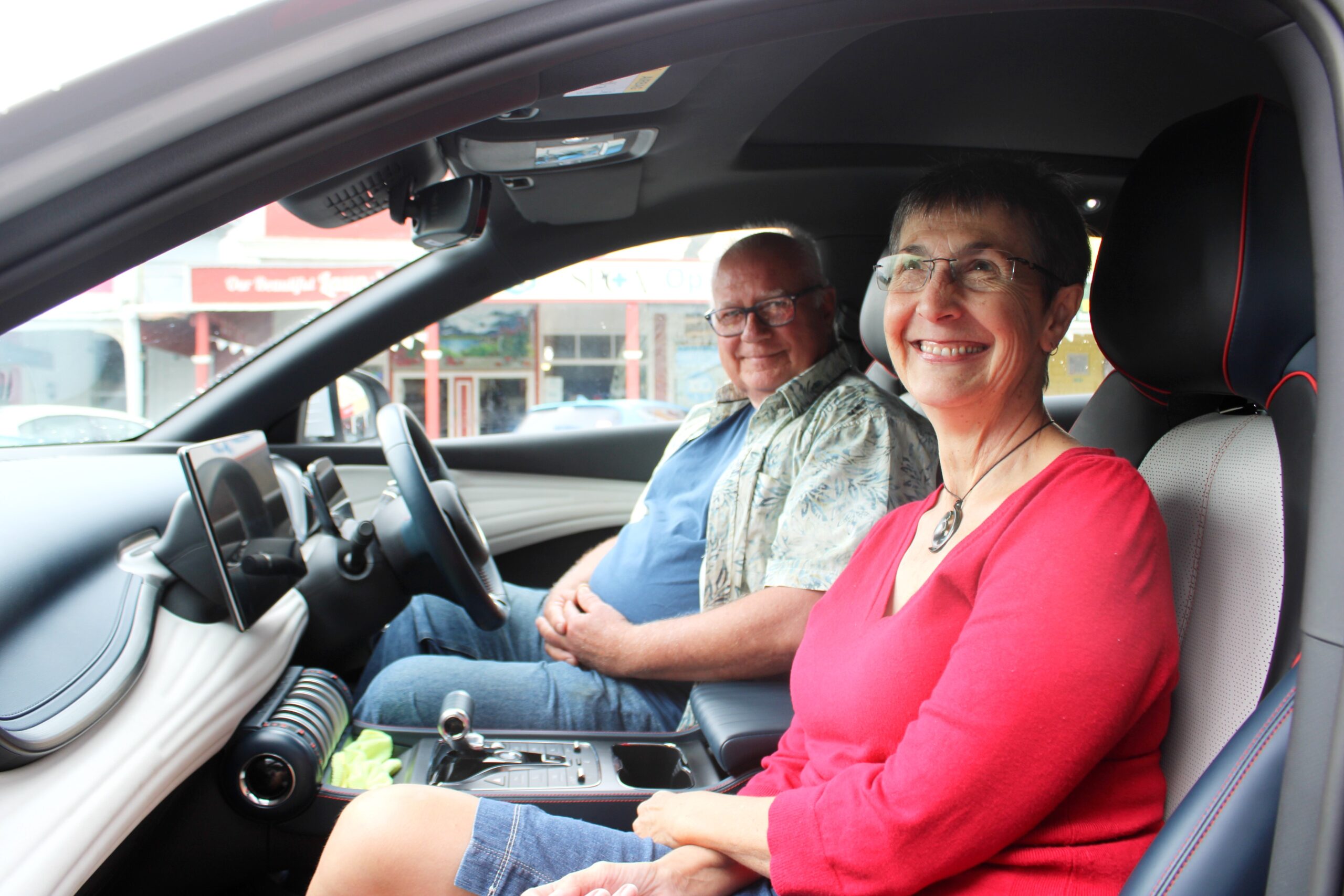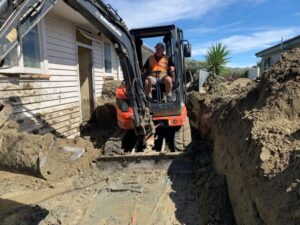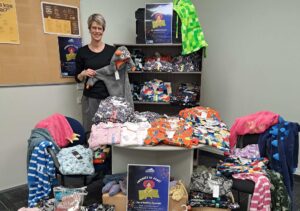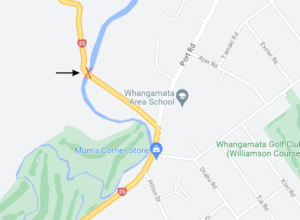John Leenman and Kathryn Jury have heard the odd and the outrageous about owning an e-vehicle.
They’ve been told they won’t be able to tow anything; they won’t be able to charge the car in the rain; and they won’t be able to drive through puddles.
But these misconceptions are being quashed as they inspire people to reduce their greenhouse gas emissions by offering a trial of an electric vehicle [EV].
The Hauraki Resilient Communities Trust, of which Kathryn is the chair and John is a founding member, established the trial around seven months ago.
Since then, 20 members have signed up for a test run, taking the car on daily excursions or weekend trips, with four of them going on to purchase their own EVs.
John and Kathryn are now encouraging more people to get involved with the scheme.
“A few years ago, very few people knew about EVs, so a situation like this provides an opportunity for people who are EV curious – who might have heard a bit of buzz about it – to have a play for a few days or take [the car] to get the groceries,” Kathryn said. “To experience it for themselves in the real world.”
The car, owned and operated by the trust, is a BYD Atto 3. It has a 60kWh battery, which has an expected range of 300-400 km depending upon driving style, weather, and road conditions.
Not only does it have “funky” door handles and voice activation, but John said the BYD battery was “probably one of the safest on the market”.
“The batteries have a unique chemistry that allows them to be fully charged and be left fully charged for a couple of weeks, with no ill-effects on the battery,” he said. “That’s a new thing.
“Also, the fire risk with the BYD is, I would say, non-existent, because it operates at a lower temperature and doesn’t get as hot when it’s charging or when it’s in use.”
John also explained that used batteries don’t end up in landfill because the materials they are made from are “too valuable”.
“They’ll be given a second life as storage for solar, and, when they are finished, they get recycled.”
Both John and Kathryn have been driving EVs for around eight years. Every additional EV on the road meant one less petrol car was being used, they said, therefore reducing emissions.
“It’s very personal for me,” Kathryn said. “We’ve all got to do everything we can right now.”
“I’ve got five grandchildren,” John added, “and they’re not going to have the life we’ve had, the way things are heating up, so we just have to do what we can.”
The Hauraki Resilient Communities Trust is awaiting charitable status and has other community resilience projects in the pipeline.
DETAILS: For more information on the scheme or the trust, contact John at john.leenman55@gmail.com or phone 021301318, or visit www.hrct.org.nz

John Leenman and Kathryn Jury sit inside the BYD Atto 3, which is available for trial runs.
PHOTO: KELLEY TANTAU
Car trial converts the ‘EV-curious’




